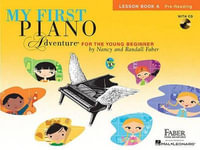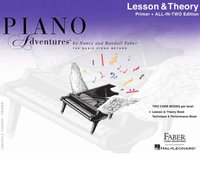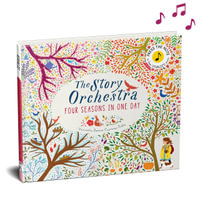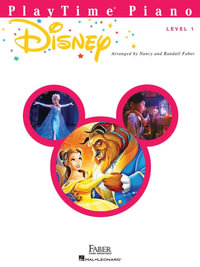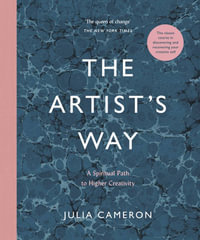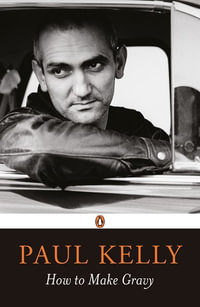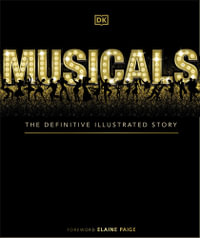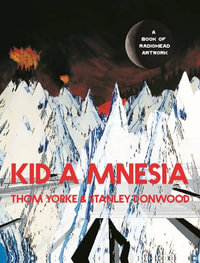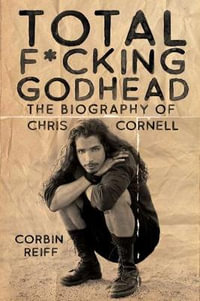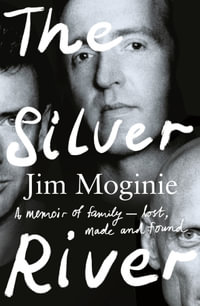"This title proves that country music is multifaceted and, though conservatives may often lay claim to the genre, reflects the political spectrum from end to end. Jackson and his essayists succeed and then some."--
Library Journal "A wonderful, provocative contribution to the discourse on country music and politics, this collection features some of the best scholars working on this music today. Together, they trace and interpret the seldom-told story of country music's progressive voice across a full century."--Jocelyn Neal, author of The Songs of Jimmie Rodgers: A Legacy in Country Music
"This welcome collection pushes against the oversimplification and easy pigeonholing of country music as a monolithic voice for conservative values and politics. Case by case, The Honky Tonk on the Left demonstrates that the story of country music has always been much, much more complicated than that."--Tracey Laird, author of Austin City Limits: A History
"The essays in this volume cover an eclectic range of artists, historical periods, and sub-genres or styles within the country category and showcase a number of disciplinary and methodological approaches, including historiography, ethnography, musicology, cultural criticism, and feminist, race, queer theories."--Pamela A. Fox, author of Natural Acts: Gender, Race, and Rusticity in Country Music
"This collection curates an impressive range of essays--which itself is very significant, as country music is, in certain locations, too often seen as monolithic, particularly by its detractors."--Rachel Rubin, coeditor of American Popular Music: New Approaches to the Twentieth Century
"An engaging collection of essays that, during an era when country music is perhaps more popular than ever, reminds us that this music has, historically, just as often hit liberal and leftist notes as right-wing and conservative ones. A timely and important book for these politically polarized times."--Patrick Huber, coauthor of A&R Pioneers: Architects of American Roots Music on Record
"This collection makes an important intervention in analysis of country music's cultural politics by detailing the presence of progressive thought within the genre from the emergence of commercial country music in the 1920s through the present . . . Some of the strengths of the collection include the balanced focus on different historical periods, the variety of different kinds of progressive expression it establishes, and the rich range of methodological approaches, including musicological analysis, cultural history, and discussions of cultural theory."--Journal of Popular Music Studies




